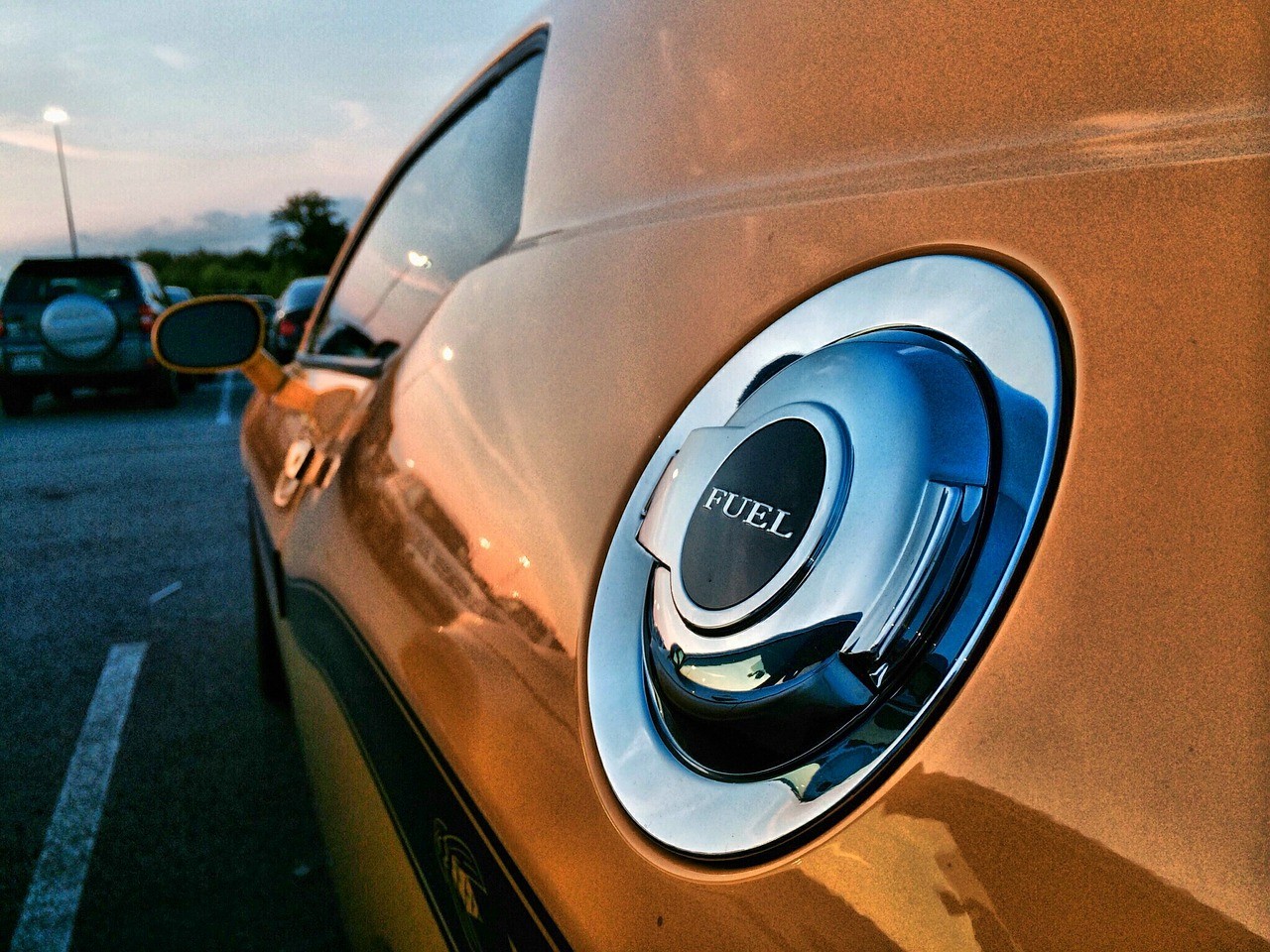
As gas prices have continued to climb, having a fuel efficient car has become even more important, no matter how deep your pockets may be. In response to the rising cost of fuel, car makers have started offering more fuel efficient car model options beyond just hybrids. While the technology has changed and become more sophisticated, buying a fuel efficient car is not as complicated as it may seem. Below are some helpful shopping tips that can make finding the right car a little easier.
Determine What Your Needs are
Before making a car buying decision, you should always take a step back and determine why you need a car and how you use it. Do you need it solely for commuting to and from your job? Is your next auto purchase for simple errands in close proximity? Do you rideshare? Factors such as these should be considered beforehand so that you can decide on a vehicle that meets but does not exceed your needs, knowing what you need is essential in taking the first step in buying a fuel efficient car that’s right for you.
The Right Sized Car Model
Once you have assessed how you will use your vehicle, next you should think about size. The size and weight of your vehicle greatly effects fuel efficiency, bigger cars and trucks are heavier and require more power and as a result more gas in order to operate. If you purchase something bigger than you need, you may end up paying more for gas than you should have to.
The Right Engine Size
You may love to drive a car with lots of horsepower and feeling like a race car driver, however having lots of horsepower is not a necessity in commuting and running basic errands. More often than not, cars that have smaller engines are the most fuel efficient, sacrificing horsepower can yield much greater fuel efficiency. Rather, consider the more important stats such as the level of engine displacement and number of cylinders, you can gain maximum fuel efficiency by selecting a four cylinder rather six cylinder, or a six cylinder as opposed to an eight.
Look at the Stats
The US Environmental Protection Agency supplies a useful statistic known as the MPG rating. The MPG rating can be found on a window sticker of new cars. Bear in mind that the EPA’s numbers may sometimes be higher than what the mileage may actually be in the real world. The Stat is still however useful as a way of comparing a short list of cars that you are thinking of buying.
Hybrids and Diesel
Hybrids have become more popular due to their superb fuel efficiency. Hybrids cost more but will save you money in the long run, hybrids are also very eco-friendly. Diesel cars may seem in some people’s minds to be the worst kind of car to buy when it comes to fuel efficiency, but they actually operate more efficiently than regular cars. This is due to the fact that diesel fuel has 10% more energy per gallon than regular gasoline. Diesel cars are less common in the US, however in Europe nearly half of all new cars are diesel. The downside of diesel cars is strict emission levels in some states that have prevented mass production of diesel vehicles, however car makers are working to provide more diesel options that meet emission standards.
Choose the Right Vehicle Option
Once you have chosen a vehicle make and model, go with a two wheel drive rather than a four, manual transmission over a stick shift as both will yield better gas efficiency. Also don’t forget that more weight results in lower fuel efficiency. Unless you have a need, purchase the vehicle option without the kayak holders, rooftop luggage and ski racks.
Newer is Better
The older your car is, the lower the gas mileage is and will be. If you can afford to, buy new rather than used. New cars are more technologically advanced and utilize such newer innovations as low friction lubricants, cylinder deactivation and idle stop. Used cars may also be equipped with some of these technological advances, however if you choose a used car that has such features, just make sure that the car is in good shape and has been well maintained.
Low Resistance Tires
Not only should you have good and sturdy tires, but you should also think about going with a low resistance tire option. Tires that have lower rolling resistance greatly effect MPG. The dealership may sometimes be willing to make the deal better by switching the tires for you, as a result your mileage may increase by as much as five percent with a resistance decrease of twenty percent.
Driving Habits
Lastly, the way you drive has an impact on your investment. EPA rating stickers say “Mileage may vary,” an example of this fact is that speeding counteracts fuel efficiency. Sudden starts and stops also should be avoided, speeding up just before you have to slow down at a light or when entering a bottlenecked area is also a waste of gas. The money spent on a fuel efficient vehicle should not be wasted by bad driving habits.